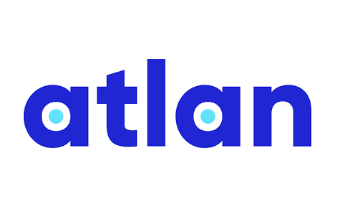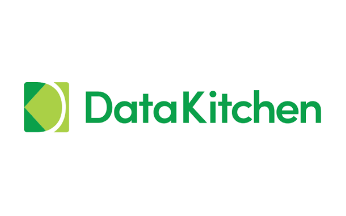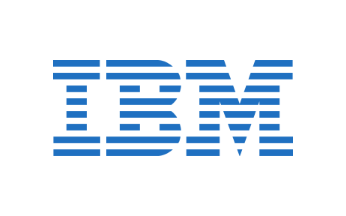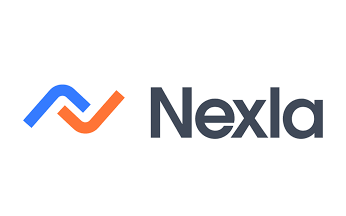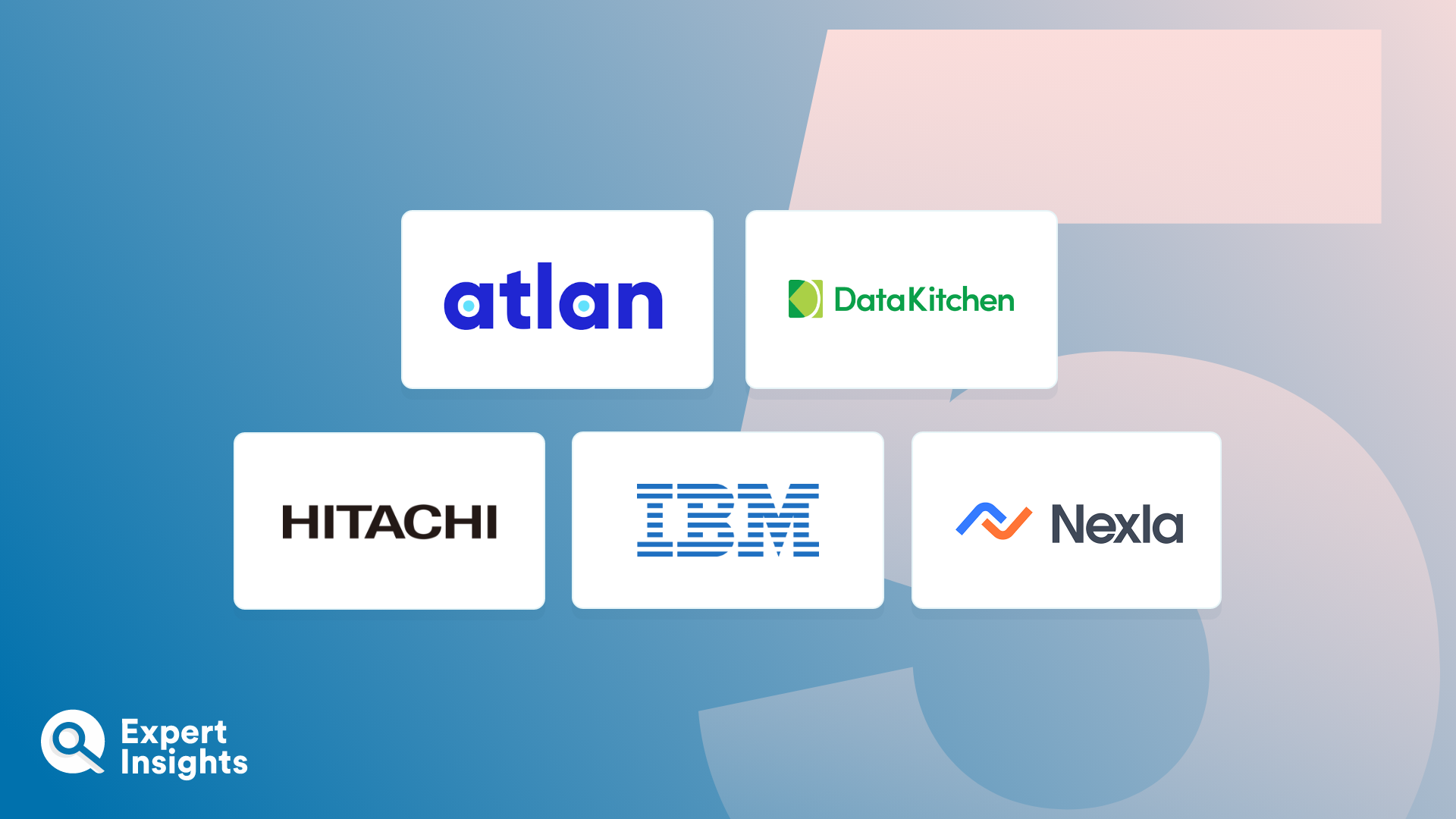Better data management leads to better – and more readily available – data. Increased quantity and improved quality of data results in superior analysis, which translates into more in-depth business insights, comprehensive business strategies, and better profitability. The goal of data operations is to nurture collaboration between data scientists, engineers, and technologists to ensure that all teams are working in sync to leverage data quicker and more appropriately.
The term DataOps combines ‘data’ and ‘operations’, and represents an agile, collaborative, and automated methodology. These platforms are designed to streamline the process of data management, allowing teams to rapidly access, clean, and analyze vast data sets, thereby enhancing decision-making and fostering innovation.
DataOps platforms prioritize the security and governance of data, implementing robust access controls, encryption standards, and audit trails. This is especially pertinent in an era where regulatory scrutiny around data protection and usage is intensifying. Many organizations are subject to stringent data protection laws, and DataOps tools can assist in maintaining compliance while ensuring data is readily available for analysis.
As the demand for real-time data insights grows, so does the need for efficient DataOps tools. Given the vast and varied nature of the data landscape, it is unsurprising that there are many excellent vendors offering data operations solutions, each with their own strengths and feature sets. To help you navigate this ever-evolving ecosystem, we have compiled a list of the top DataOps tools. Throughout this guide, we will delve into the standout features of each tool, drawing on in-depth market research and user feedback.



